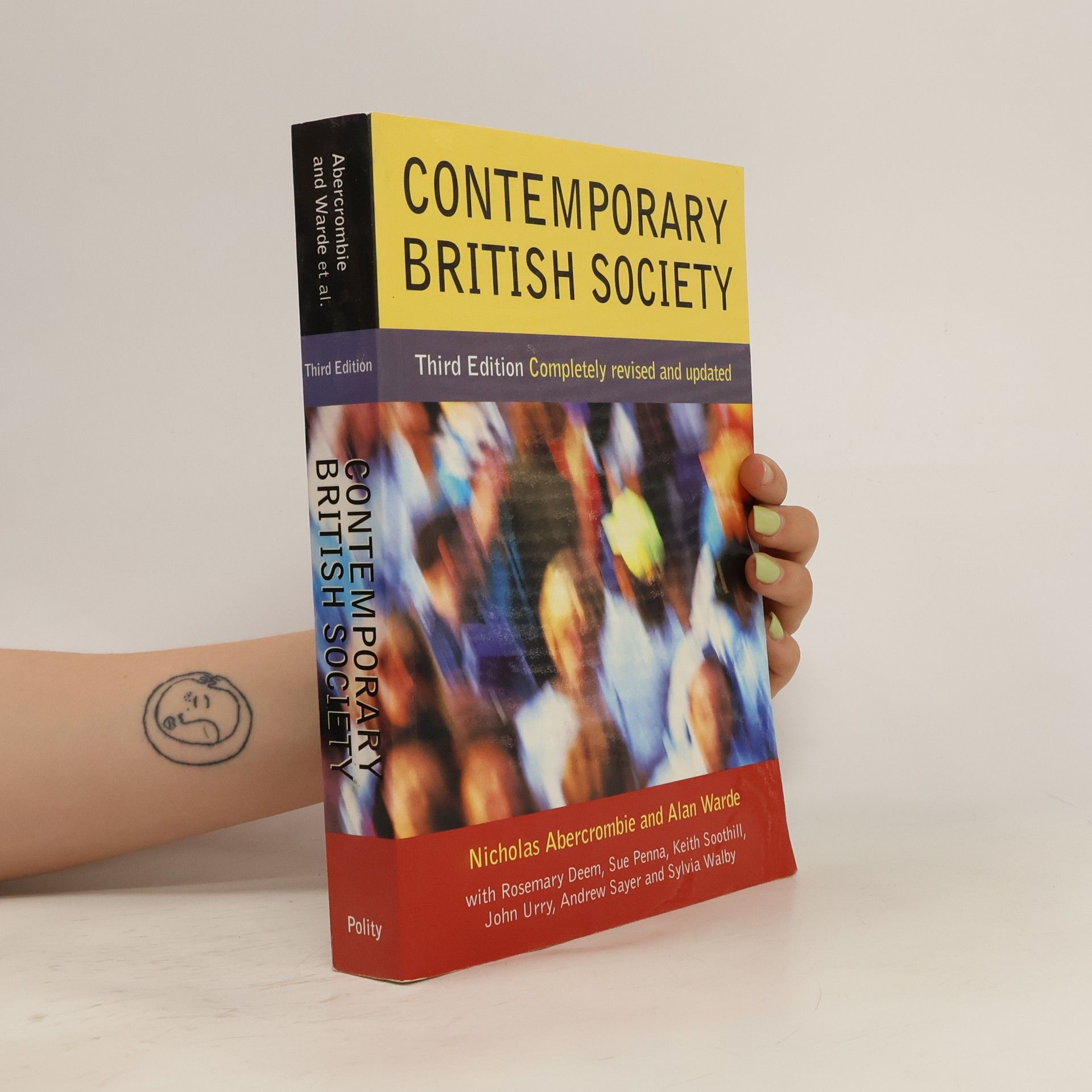Contemporary British society
- 624pages
- 22 heures de lecture
The third edition of this acclaimed textbook offers comprehensive coverage of modern Britain's social structure. Fully revised and updated, it incorporates the latest statistical data and empirical studies, addressing new arguments and debates surrounding British society. The book features separate chapters on key areas of life, including economic organization, employment, inequality, class, gender, ethnicity, family, education, health, media, deviance, and politics. Notably, new chapters on globalization, associations, and leisure have been added. Emphasizing accessibility, the text is written in a jargon-free style with extensive cross-referencing and clear summaries of arguments. Numerous photographs, diagrams, graphs, and cartoons enhance the reader's understanding. This resource is ideal for students of introductory sociology at the 'A' level or in their first year of undergraduate studies, as well as those in related fields like social policy, health, and town planning, who require insight into specific aspects of British society. For more information, please visit the accompanying website.

